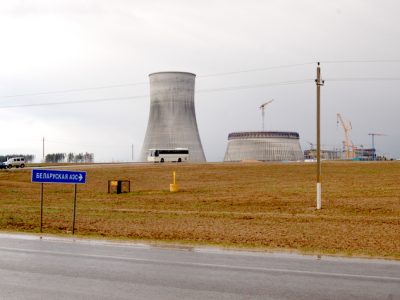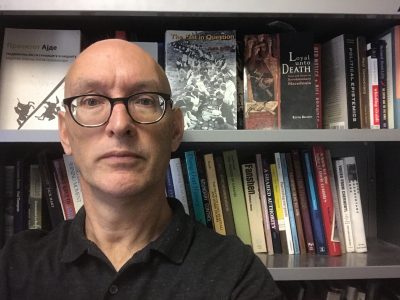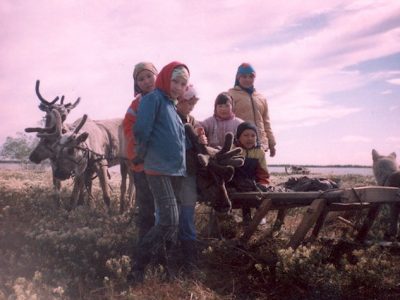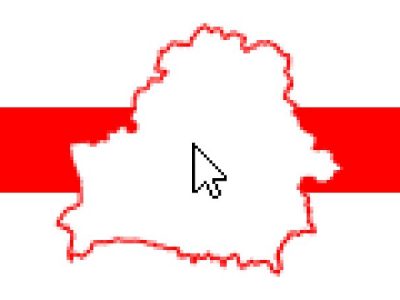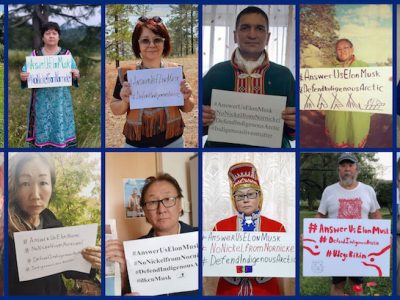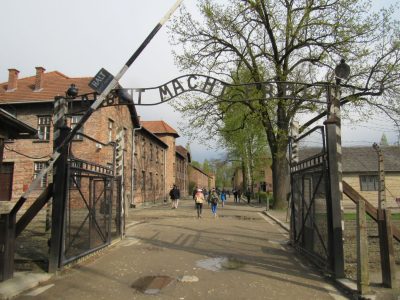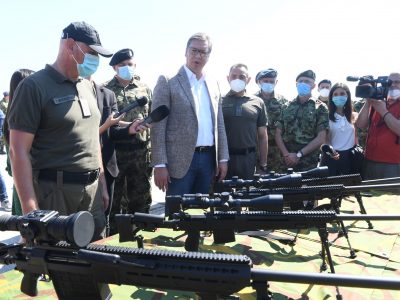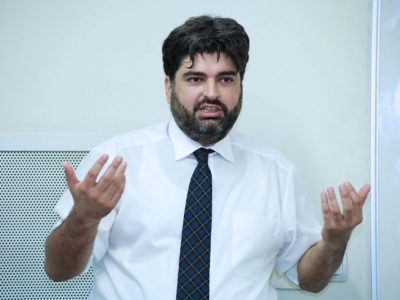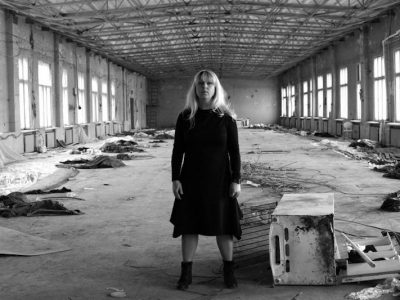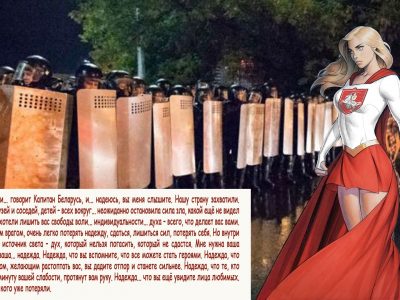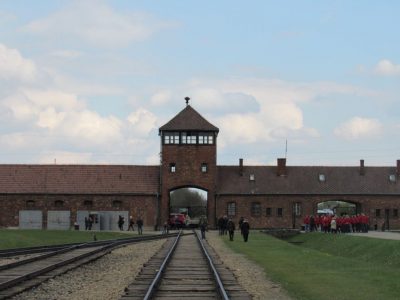Stories about Eastern & Central Europe from October, 2020
In the heat of political crisis, Belarus launches first nuclear power plant
Next month, the Astravets nuclear power plant commences operation with fanfare. But in a country which suffered greatly from the Chernobyl disaster, not everybody shares the government's optimism.
The importance of ‘unlearning’ the past: Interview with Balkans expert Keith Brown
"Critical thinking [...] liberates us from the illusion that figures in the past imagined their own identity in terms of the nationalisms of their future."
From Belarus to Thailand, Hong Kong’s spirit of resistance is nurturing grassroots protests elsewhere
While Hong Kong protests have influenced organisational and protest tactics in anti-authoritarian movements abroad, the current wave of grassroots uprisings, in turn, prompts Hongkongers to develop a transnational solidarity.
Russia's indigenous peoples are in the crosshairs of COVID-19
A raft of social and environmental issues makes indigenous peoples of Russia's Far North uniquely vulnerable to COVID-19 — many of these, say activists, are linked to resource extraction.
In Belarus, tech workers fear for their industry’s future
Longtime Belarusian ruler Alyaksandr Lukashenka boasts that he has created a "paradise" for Belarusian IT. So why are young tech workers protesting against him — or even moving their businesses overseas?
Who is selling Ukrainians’ personal data online and for what purposes?
A trove of Ukrainians'' personal data available online as a consequence of leaks or illegal sale creates ripe conditions for targeted dissemination of malicious content ahead of October 25 local elections.
#AnswerUsElonMusk: Russia's indigenous peoples campaign against Arctic pollution
An oil spill in May devastated large swathes of the tundra. Here's how indigenous rights activists joined forces to demand justice from the culprit — Russia's largest nickel producer.
In the Ural regions of Russia, Finland's linguistic roots live on
Russia's linguistic diversity is as expansive as the country itself. The Finnish writer Ville Ropponen shares his reflections on the past, present and uncertain future of the Uralic languages.
Facebook to include Holocaust denial in its definition of banned hate speech
Human rights organizations and academic institutions praised Facebook's decision to address Holocaust denial and related conspiracy theories through enhanced self-regulation.
After three months of anti-government protests in Bulgaria, what’s at stake?
A prominent politician treated a public beach as his private property. Now, broad public demonstrations demanding the total overhaul of a corrupt political system.
Serbian government first flaunts, then denies having sold weapons to both Armenia and Azerbaijan
Mixed messages by President Aleksandar Vučić may be an attempt not to antagonise close partners Russia and Turkey.
‘The war in Karabakh has made the possibility of conflict resolution even more distant’, fears Armenian politician Mikayel Zolyan
Negotiations can start only once aggression against civilians stops. However, war has widened the gap between Armenians and Azerbaijanis, and therefore for dialogue, says Armenian MP and analyst Mikayel Zolyan
‘The house search was the last straw': colleagues react to Russian journalist’s death
On October 2, Russian journalist Irina Slavina died in Nizhny Novgorod, the city to which she dedicated her life. Here, Slavina’s colleagues pay homage to a courageous journalist.
‘We have a strange destiny': a conversation with the Livonian poet Valts Ernštreits: Part II
"That's the idea of the series: to tell the Livonian story to the Latvian public, so they would better understand why Livonian is important."
‘We have a strange destiny': a conversation with the Livonian poet Valts Ernštreits: Part I
"There are only a few countries in Europe who have indigenous people, and Latvia is one of them."
Supergirl and Vieršnica: Symbols of revolution and gender equality in Belarus
From the early days, women have stood at the forefront of the protests in Belarus, whether on the streets or as leaders of the opposition movement.
Holocaust denial should be considered hate speech, survivors demand of Facebook
Hate speech is a criminal offense in most European countries that experienced the horrors of World War II, but the US does not have such laws at the national level.

